I cried so much at Amma; I finally get how VR can be a poignant, shared experience
So many tears, I worried my Oculus Quest 2 might break
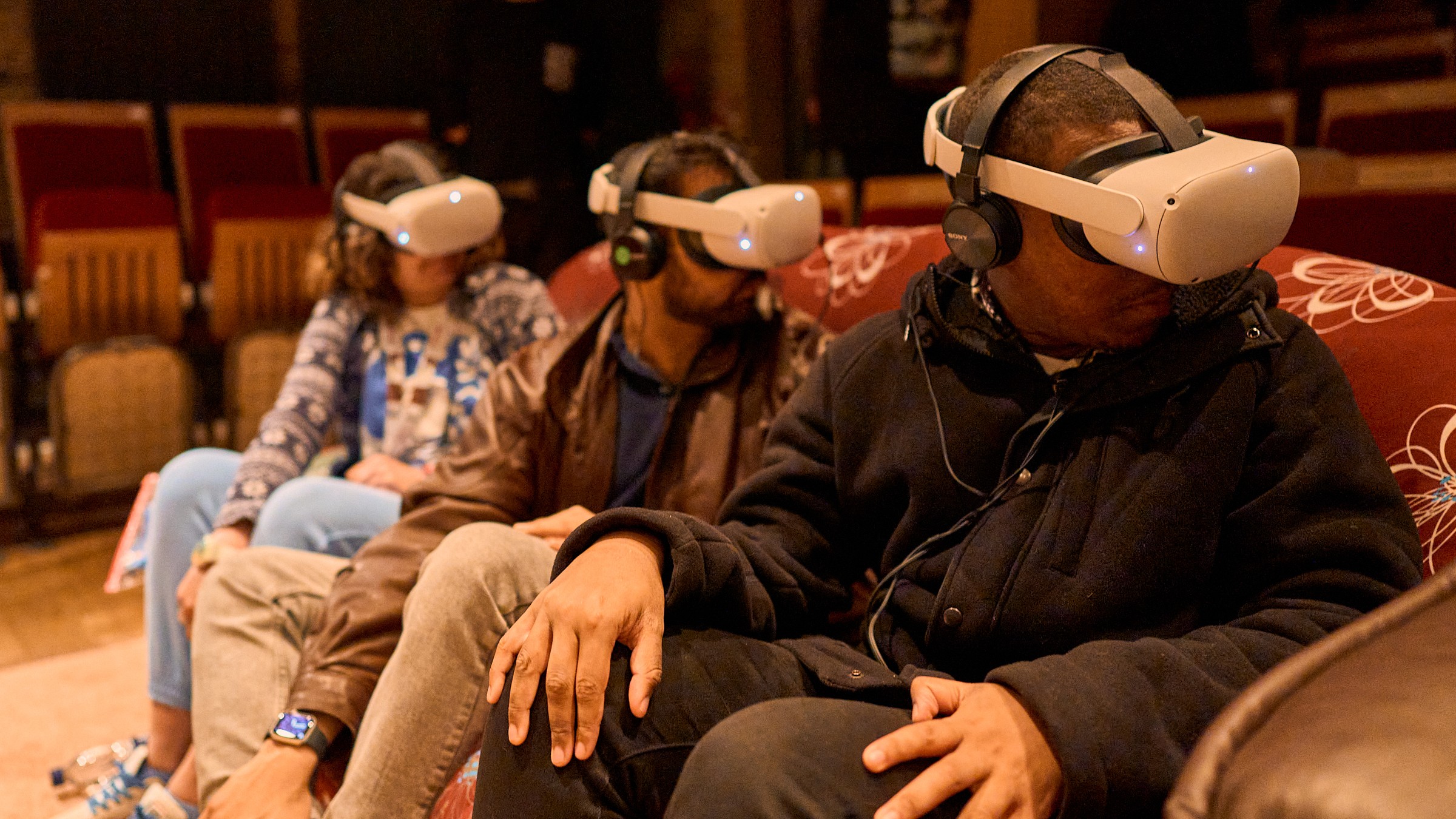
Sign up for breaking news, reviews, opinion, top tech deals, and more.
You are now subscribed
Your newsletter sign-up was successful
Most of us know what it's like to experience profound, earth-shattering loss following the death of a loved one. Some of us may know what it's like when the last words exchanged with your person were ones you wish you could go back and change.
What most of us do not know is what it's like to be a teenage woman, alone, fleeing the horrors of war on a river boat. But Amma, a powerful and groundbreaking virtual reality experience at London's Tara Theatre, plaits these various strands of loss together and wraps them warmly around every guest. No one who sees it will ever be the same.
This review is not intended to feature polemic any more than is absolutely necessary, but I must preface it by saying that the piece has become a grief touchstone for me. It is, in essence, the story of a mother who is unable to give voice to the atrocities she lived through. It dedicates itself to mothers who saw no option but to repress their pain rather than speak of it. Through it, I feel my own grief grow in sympathy with that of Nessa, the woman at the center of the story, and that of the many other women who fled Bangladesh during its War of Independence in the 1970s; such is the shared human experience.
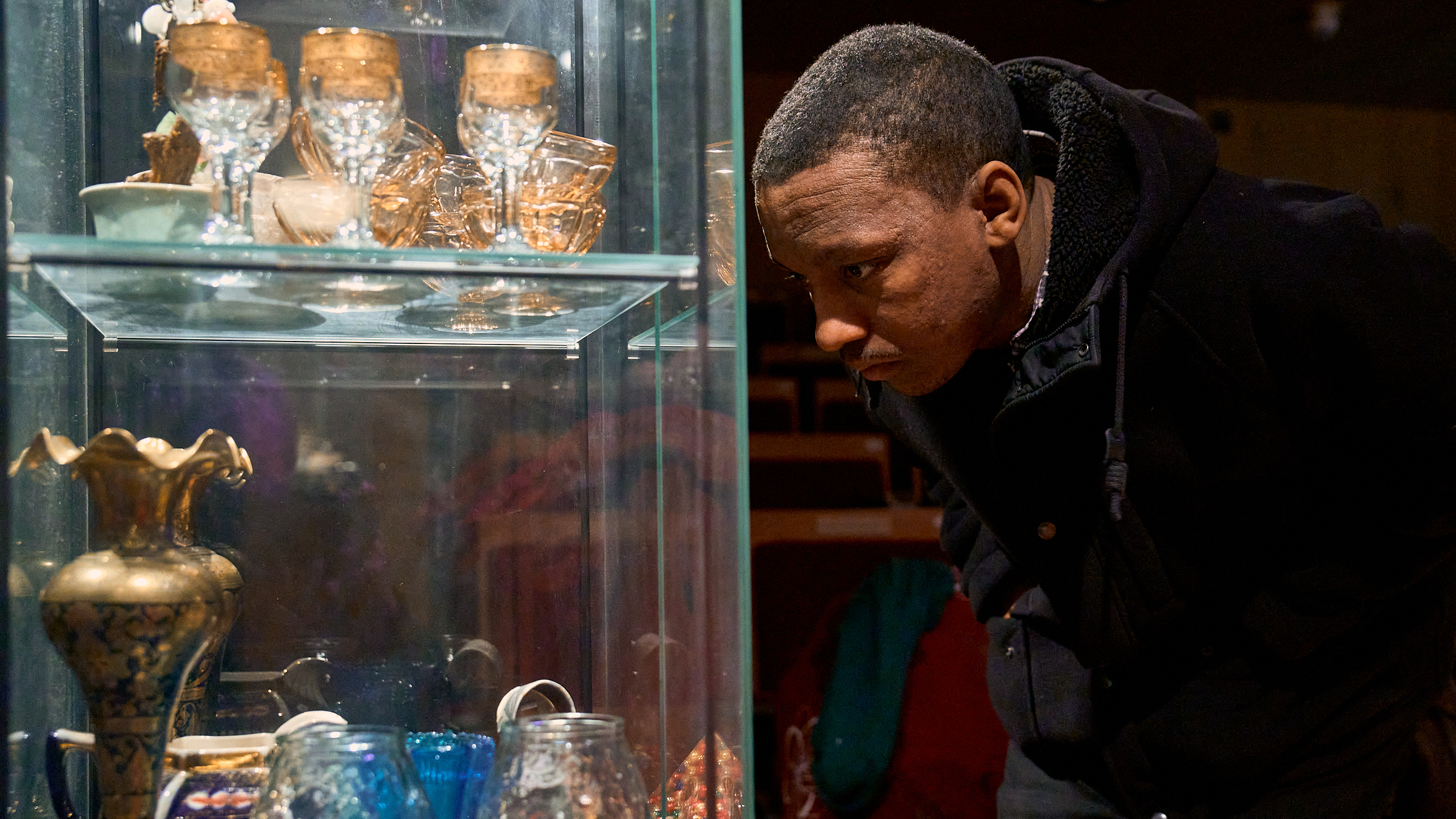
But this is VR, right? Put the headset on (and Amma uses one of the best VR headsets you can buy in 2022 – namely the Oculus Quest 2), let the virtual realness wash over you, and if the headphones are good (and these are lovely, capable Sony cans) you may as well be on the bus, no? Not here. That preconception was soon put to bed. Here, the term 'mixed reality' is a far better description of what you're about to experience.
The 50-minute piece starts with a news bulletin shown on a regular TV – which you watch for real, with your own eyes, rather than on a headset. We're in a lounge in Birmingham, England. Guests are encouraged to sit wherever there's a space – wherever laundry isn't piled up, wherever you feel as if you might avoid setting a sewing machine whirring into action. A member of the audience laughs and tells me that as her mum got older, she used to put her boxes of painkillers in the bottom of the glass cabinet just like that, as if they too deserved to be showcased with the best crystal glassware. A tin of malted milk biscuits is passed around.
I manage to avoid hitting a wall-hanging, and take a seat at the dining table in front of a stack of paperwork. It's the kind I'm sadly familiar with. Soon, Chandra – Nessa's grown-up daughter – will join us.
The forgotten victims of conflict
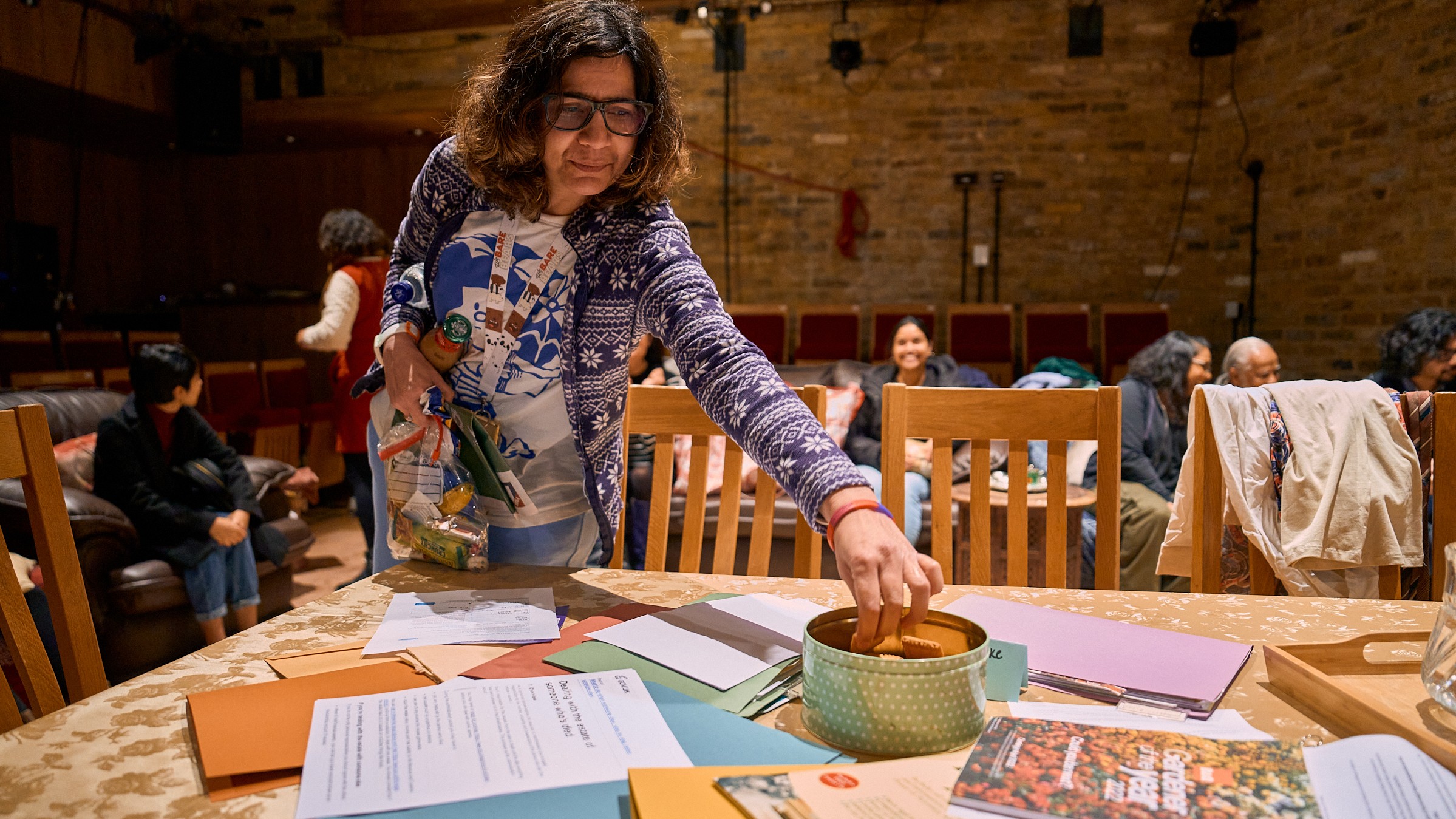
Director Abdul Shayek tells TechRadar that filming the stunning 360-degree shots of Bangladesh took six months. Following the experience, several of the audience noted having seen a river dolphin during the boat scene; but of course, you had to have been looking the right way, and there's action unfolding everywhere. The central characters flit in and out of it like sylphs.
Sign up for breaking news, reviews, opinion, top tech deals, and more.
Shayek also tells us that Amma (meaning mother) contains elements of his own mother's Bangladeshi War of Independence story, alongside strands of the traumatic journeys of other women in the 1970s, a transcript of which (translated from Sylheti Bengali) is given to us at the end of the experience.
Shayek points out that when wars are dissected and written up as history, men are the central figures, often lauded as heroes, but women are largely left out of the narrative. Amma shines a kind spotlight on such women, and the result is a moving, mixed-reality masterwork.
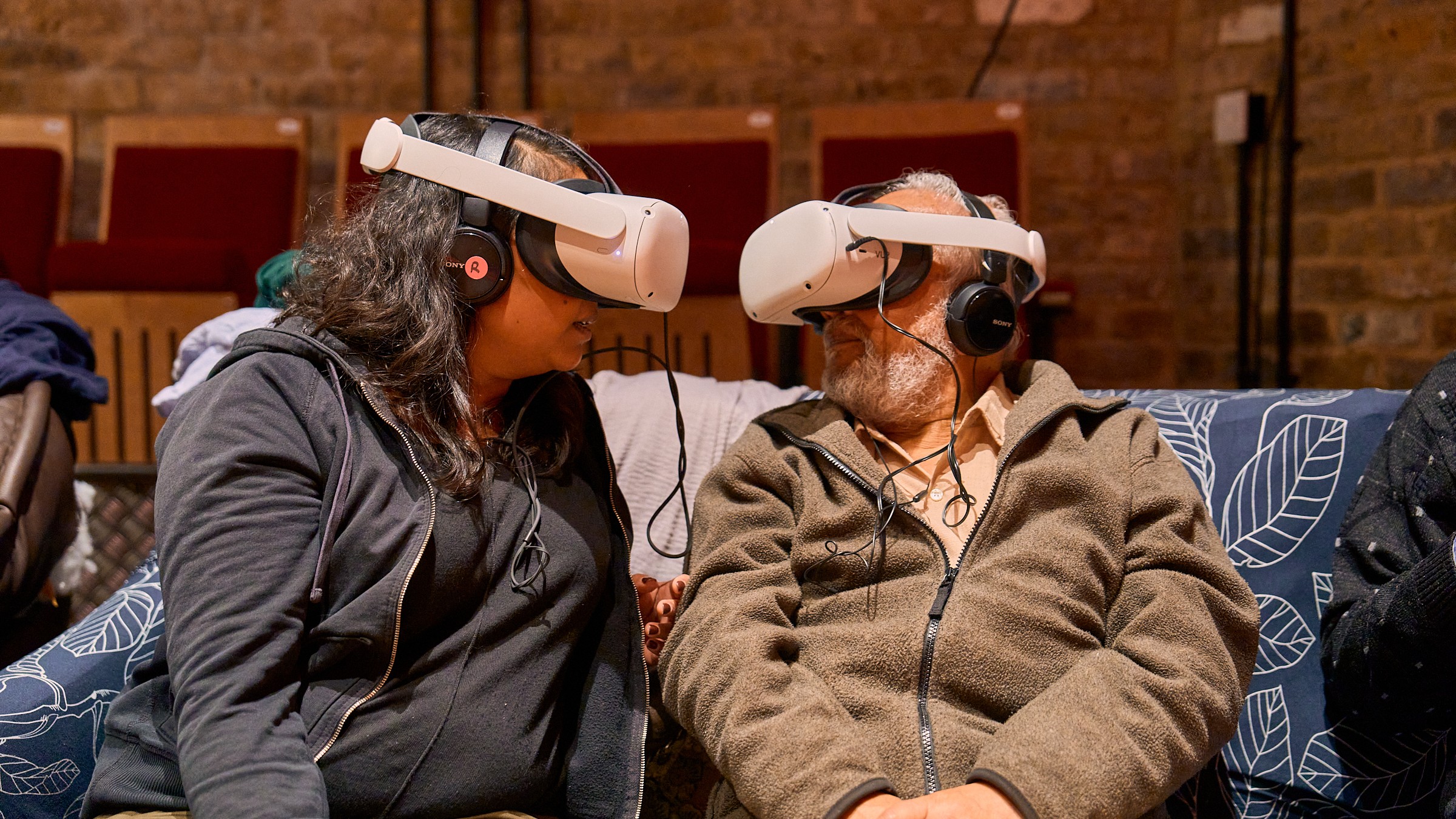
If you're new to VR, don't worry. Ushers show you how to don your headset and headphones, giving every guest ample time to ask questions; and if you want out, you can simply raise your hand – you won't be abandoned during the performance. If it feels a little claustrophobic at first, move. Turn your head. Look up and down. A quick wiggle of the headset works wonders.
Despite watching and hearing about the atrocities that led Nessa to flee her war-torn country, it's the climax of the experience that hits hardest.
Sonically, it's a rare three-dimensional treat, from bustling cities and wide Bangladeshi waterways to the tumble-dryer in the kitchen of our Birmingham apartment. The performances of Liz Jadev (Chandra) and Sakuntala Ramanee (Nessa) are sublime; Kamal Kaan's script hones in on the love between a mother and her adult daughter, the kind that states the necessary but doesn't gush – cannot gush.
Despite watching and hearing about the atrocities that led Nessa to flee her war-torn country, it's the climax of the experience that hits hardest. I am glad (if wholly embarrassed) to have been instructed to remove my headset ahead of this moment, because electronics and salt water do not mix, and for sure the Tara Theatre would have had to source another headset for the next show if it had still been covering my eyes.
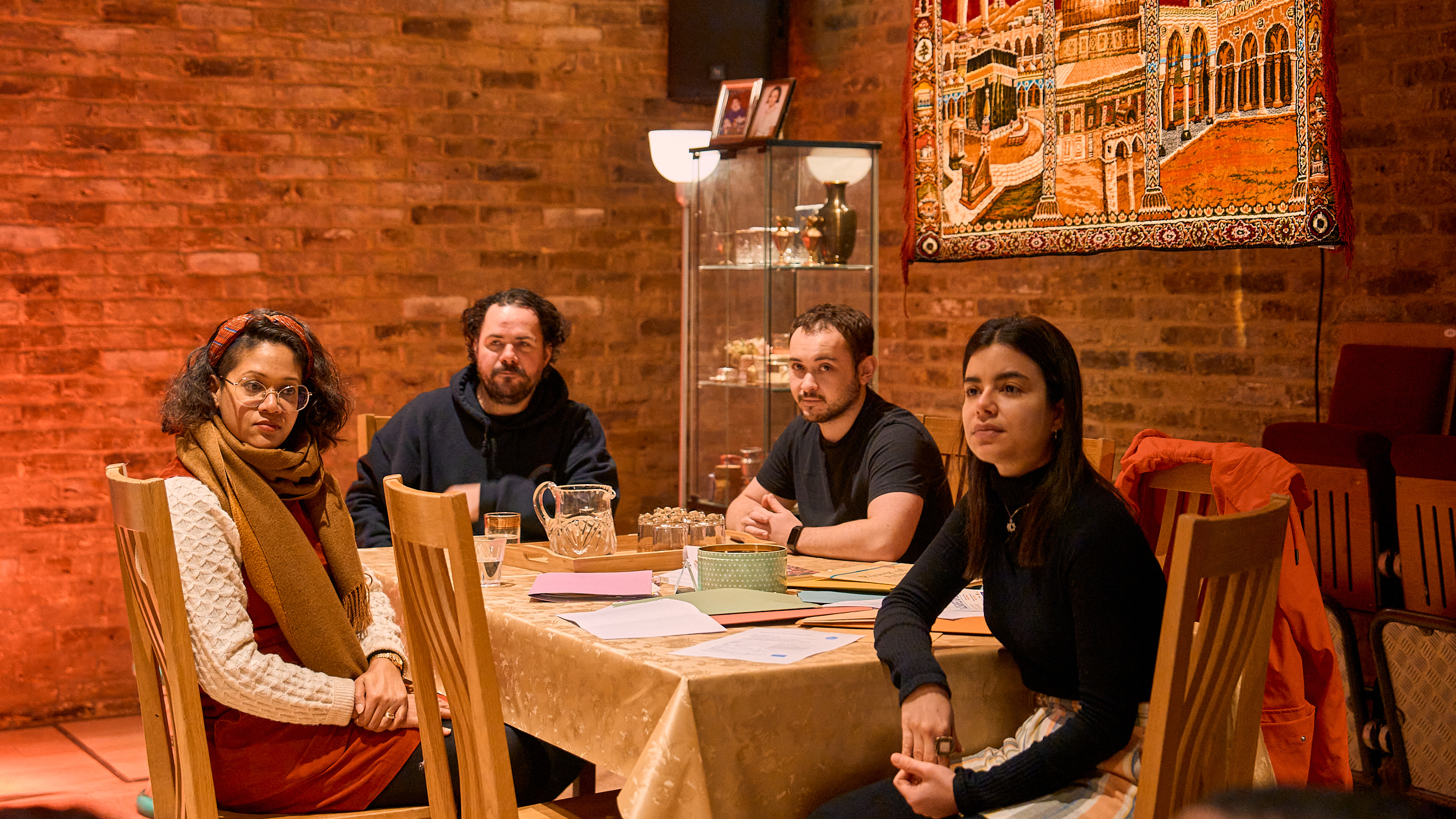
The tangible, visceral nature of grief and loss is laid bare in the closing moments of Amma – what was, what is now, and what we must try to live with. And the fact that the experience is billed as virtual reality belies its greatest strengths, because our deepest emotions are evoked once the headset is removed.
But it isn't all sad! Laughter is also to be found within this shared experience – and it is key. There are delicate moments to uncover. This setting (in layman's terms, doing it this way) encourages conversation with your fellow audience members. If you're in the UK, I'd encourage you to go. It's on until December 17, at the Tara Theatre, Earlsfield, London. And then, use this momentous and unique work as a reminder to keep trying to give voice to your experiences and your emotions, even when the truth feels impossible to articulate. ★★★★★
See Amma at Tara Theatre, London, 356 Garratt Lane, London SW18, 02083334457, at 7 pm until December 17. Tickets £15 - £20, ages 14 and above. There is an additional performance at 4pm on December 17.
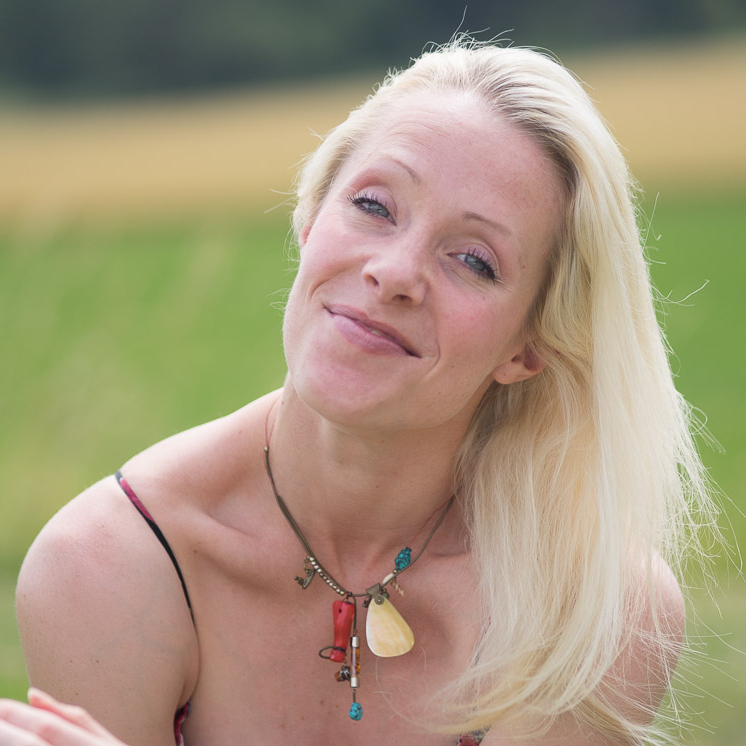
Becky became Audio Editor at TechRadar in 2024, but joined the team in 2022 as Senior Staff Writer, focusing on all things hi-fi. Before this, she spent three years at What Hi-Fi? testing and reviewing everything from wallet-friendly wireless earbuds to huge high-end sound systems. Prior to gaining her MA in Journalism in 2018, Becky freelanced as an arts critic alongside a 22-year career as a professional dancer and aerialist – any love of dance starts with a love of music. Becky has previously contributed to Stuff, FourFourTwo and The Stage. When not writing, she can still be found throwing shapes in a dance studio, these days with varying degrees of success.